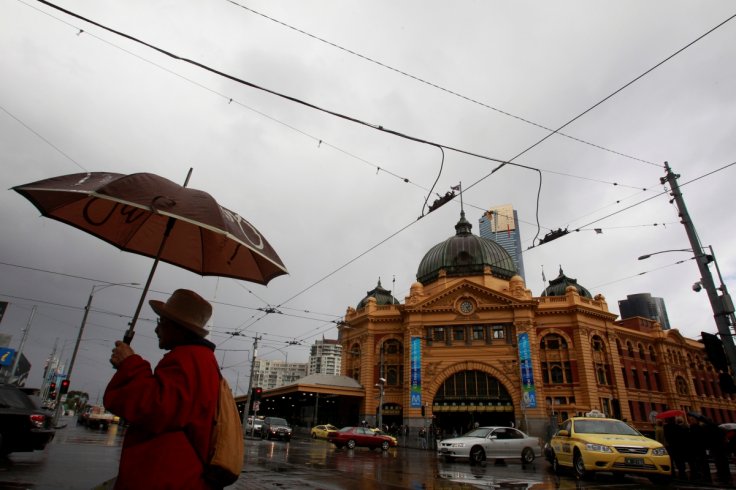The possibility of terror attacks by right-wing extremists is higher than ever, the Australian spy agency said, adding that the overall terrorist threat in Australia "remains elevated. The Australian Security and Intelligence Organisation's (ASIO) said right-wing groups in the country are more cohesive and organised now, but added that any attack by these groups will be "low capability" and will mostly be carried out by a lone wolf.
"The threat from the extreme right-wing in Australia has increased in recent years ... Extreme right-wing groups in Australia are more cohesive and organised than they have been over previous years, and will remain an enduring threat," ASIO said.
The spy agency added that it was the Christchurch mosque attack brought the threat posed by right-wing extremists back into the focus. As many as 50 people were killed and at least 40 others sustained serious injuries when a gunman opened fire during afternoon prayers at two mosques in New Zealand's Christchurch on March 15.
Australian citizen Brenton Tarrant, a Suspected white supremacist, was identified as the attacker.
The Australian spy organisation also said though the dreaded Sunni Islamic terror outfit Islamic State collapsed in Syria, that hasn't led to substantial improvement in the security scenario. Sunni Islamic extremism remains the "principal source" of risk, ASIO said, Agence France-Presse reported.

"The threat from home-grown terrorism, coupled with the anticipated attempts by some terrorist fighters to return to Australia, remains a matter of the gravest security concern," it added.
Australia has always been at the forefront of the effort to fight terrorism of all hues. According to a report in The Conversation, Australia enacted as many as 82 anti-terror laws since the 2001 terror attacks in the US carried out by Osama bin Laden-led Al-Qaeda.
Earlier last week Australia's Home Affairs Minister Peter Dutton said the country faced major risk if the spouses of Isis fighters in Syria were rescued. "These are people that would, in our judgement — not all of them but some of them — have the potential and capacity to come back here and cause a mass casualty event ... So I don't think it should come as a surprise when we say we're not going to send our soldiers to rescue people of this nature," Dutton said, according to ABC.








